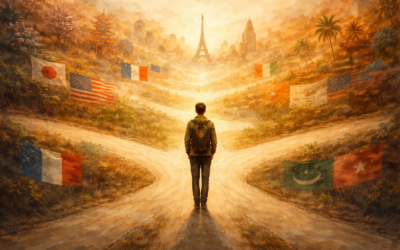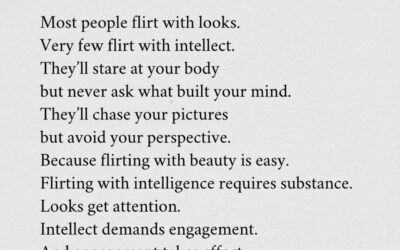When we strip away the politics, the military strategies, and the endless “peace talks,” what remains at the heart of the Israeli–Palestinian conflict is something profoundly simple: human beings yearning for dignity, security, and home.
Palestinians have a right to their identity, their history, and their future. No country has the moral authority to take that away. To deny a people their home is not just a political failure—it’s a human one. The promise of peace cannot exist while one side is forced to live without recognition of their humanity and their right to self-determination.
A two-state solution is not about drawing lines on a map. It is about ensuring that both Israelis and Palestinians can live with dignity, safety, and freedom. It’s about recognizing that Palestinians are not statistics or obstacles, but mothers, fathers, children—people who dream, who love, who grieve, who simply want a life without fear.
Imagine, for a moment, what it would feel like to have your family’s land taken, your movements restricted, your voice silenced on the global stage. How would you carry that weight every day? Empathy demands that we put ourselves in their shoes. It is not weakness to care—it is the very essence of what makes us human.
Yet, too often, the world shrugs with the familiar refrain: “If it has nothing to do with me, why should I care?” This indifference is dangerous. Peace does not begin in negotiation rooms or at the end of ceasefires—it begins with awareness, with presence, with the courage to acknowledge another people’s suffering as if it were our own.
The two-state solution is not a perfect answer, but it is the most human path forward. If the world truly wants peace, it must choose empathy over apathy. It must choose to give Palestinians not just a homeland, but the recognition that their lives matter, their stories matter, and their future matters.
Peace begins when we remember this simple truth: every people deserves a place to call home.




0 Comments